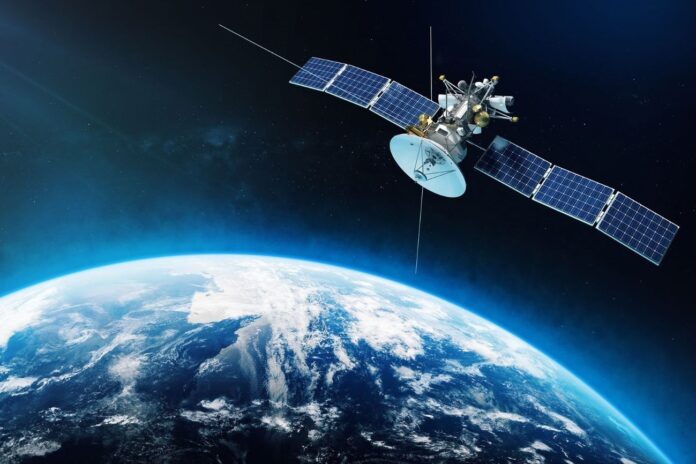Pakistan’s pioneering multi-mission satellite, PAKSAT MM1, has officially become operational with support from the Special Investment Facilitation Council (SIFC). This launch marks a significant advancement for Pakistan’s space and digital initiatives, propelling the country’s technological landscape forward.
PAKSAT MM1 is set to revolutionize Pakistan’s communication infrastructure, offering a range of services aimed at boosting various IT sectors. The satellite will deliver television broadcasting, community internet access, and tele-education services to enhance local industries and foster growth in the digital economy.
One of the most impactful aspects of PAKSAT MM1’s functionality is its ability to expand internet connectivity to remote and underserved regions. This expansion aligns closely with the government’s vision of a “Digital Pakistan,” working to bridge the digital divide and offer equal opportunities for access to digital resources across the nation.
In addition to these advancements, Pakistan has also made significant strides in e-governance. According to the latest United Nations E-Governance Development Index, Pakistan’s ranking has improved by 14 places, moving up from 150th in 2022 to 136th currently. This rise reflects Pakistan’s ongoing commitment to digital transformation and enhanced public service delivery.
The successful operationalization of PAKSAT MM1 and the improved e-governance ranking signal Pakistan’s growing presence in the global digital landscape, demonstrating the country’s ability to leverage advanced technologies for nationwide development.


